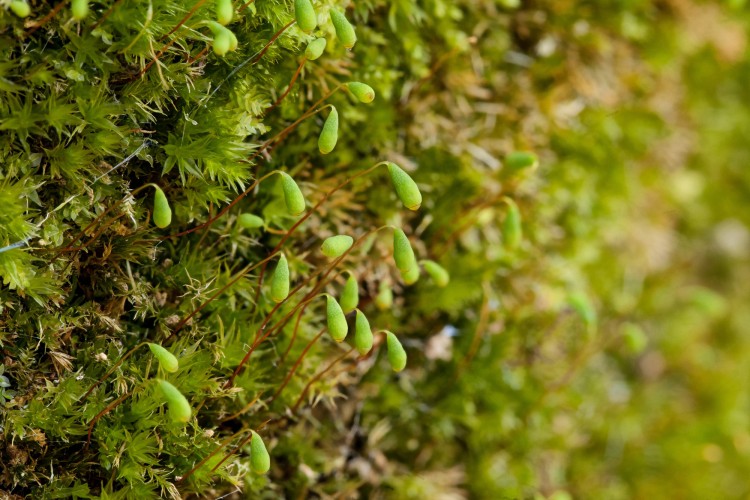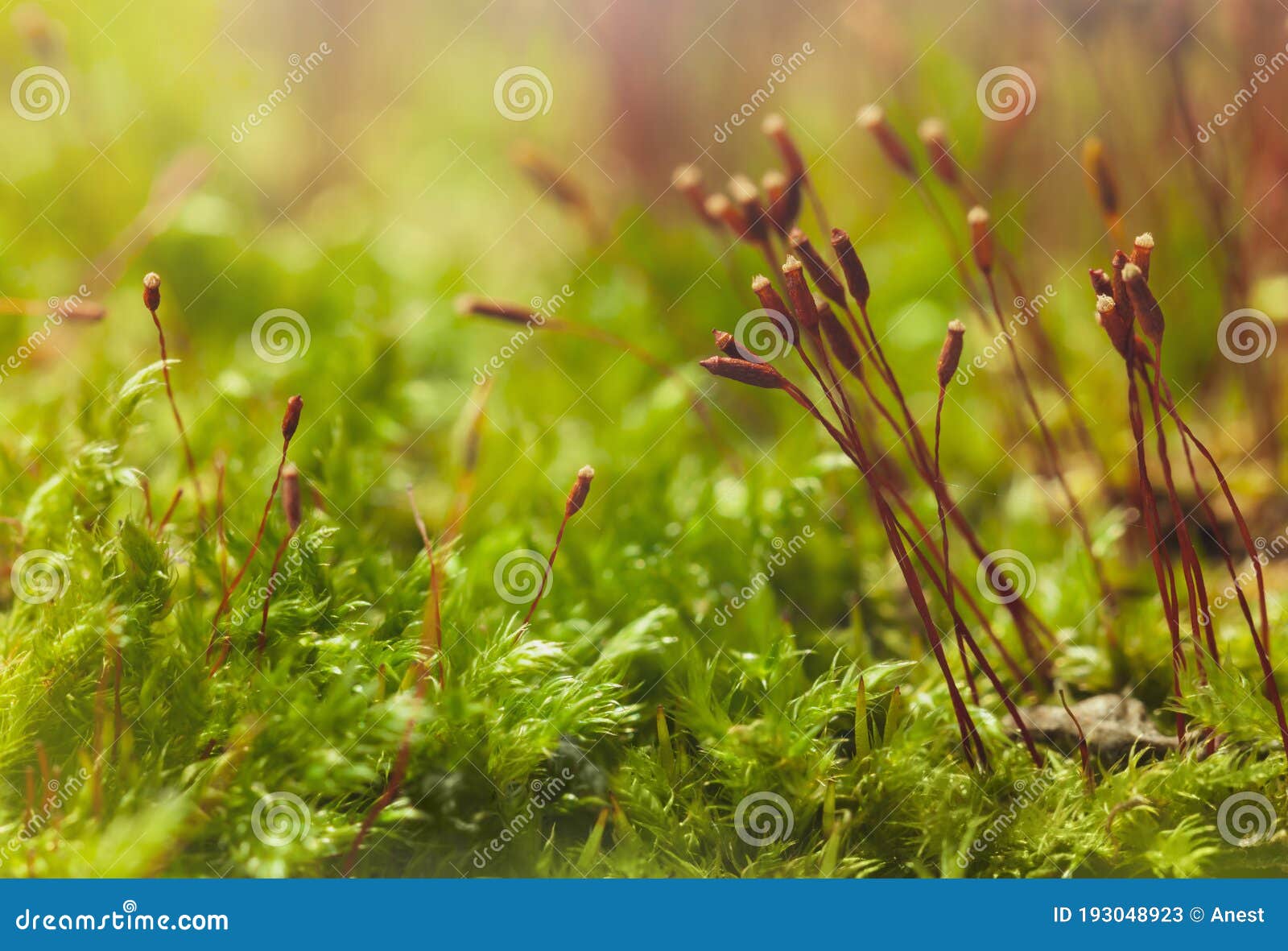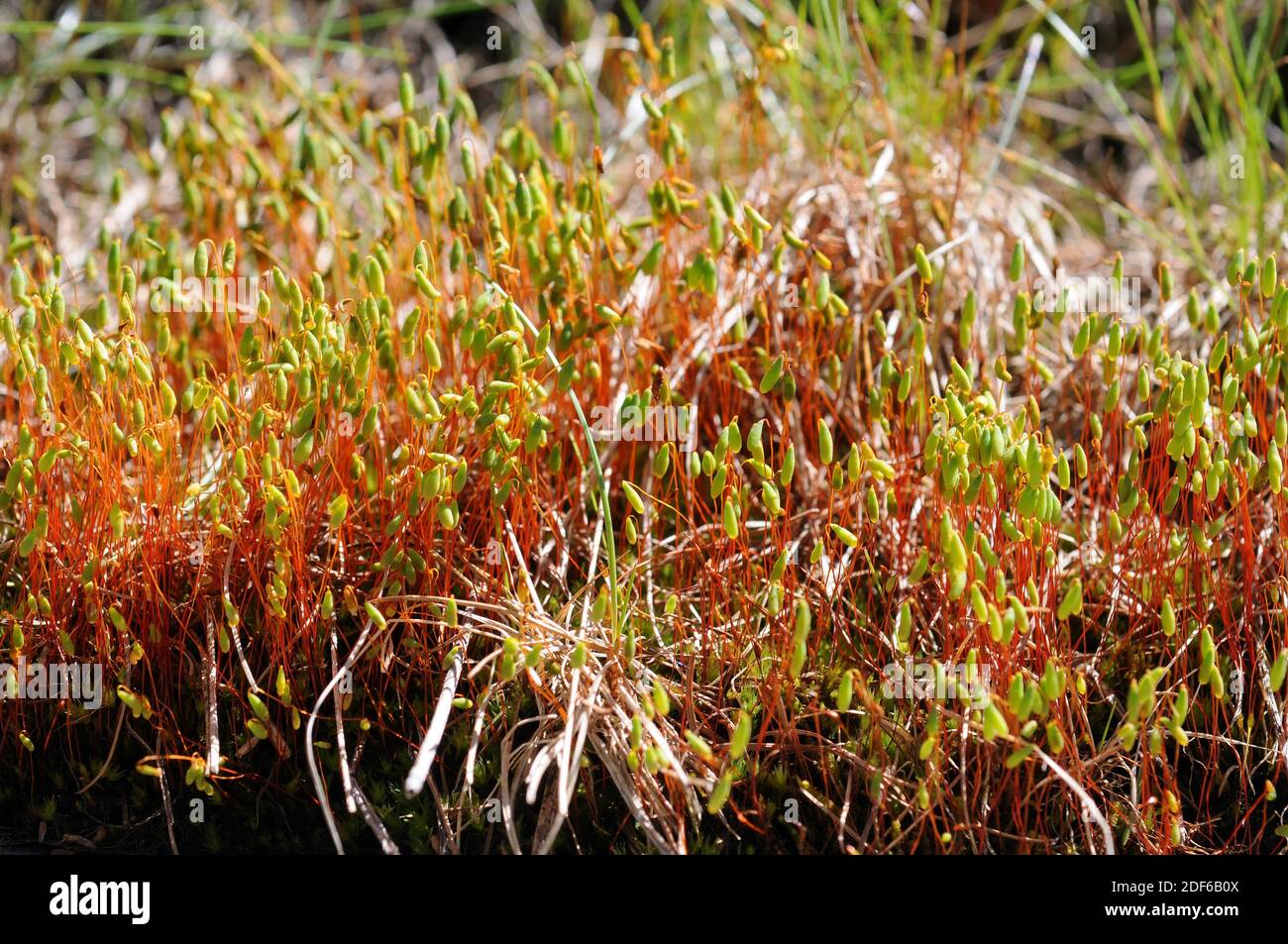
image from: https://eol.org/pages/883362
Introduction
In the vast and captivating world of bryophytes, the Pohlia columbica (Kindb.) A.L.Andrews moss stands out as a remarkable member of the Mniaceae family. Also known simply as Pohlia, this unassuming yet fascinating plant has captured the hearts of moss enthusiasts worldwide. Let’s delve into the intriguing realm of this Bryopsida species and uncover its secrets.
Background
Before we explore the wonders of Pohlia columbica, it’s essential to understand the broader context of bryophytes. These non-vascular plants, which include mosses, liverworts, and hornworts, are often overlooked but play a crucial role in various ecosystems. They are among the oldest land plants on Earth, with a rich evolutionary history dating back millions of years.
image from: https://www.projectnoah.org/spottings/7265088
Main Content
Morphology and Identification
Pohlia columbica is a small, acrocarpous moss that forms dense, green to yellowish-green tufts or cushions. Its stems are typically unbranched, and the leaves are ovate-lanceolate in shape, with a distinctive midrib extending to the leaf apex. One of the key identifying features of this moss is its double-toothed leaf margins, which can be observed under a microscope.

image from: https://www.earth.com/plants/pohlia-moss-pohlia/
Global Distribution and Habitat
This remarkable moss species has a widespread distribution, found across various regions of the Northern Hemisphere, including North America, Europe, and Asia. Pohlia columbica thrives in a variety of habitats, from moist soil and rocks to decaying logs and tree bases. It’s particularly fond of disturbed areas, such as roadsides, forest clearings, and recently burned sites, where it can quickly colonize and establish itself.

image from: https://ohiomosslichen.org/moss-pohlia-nutans/

image from: https://www.dreamstime.com/macro-pohlia-moss-nutans-red-spore-capsules-forest-floor-image193048923
Ecological Roles and Adaptations
Despite its diminutive size, Pohlia columbica plays a vital role in its ecosystems. As a pioneer species, it helps stabilize and enrich soil, creating favorable conditions for other plants to establish themselves. Additionally, this moss serves as a crucial microhabitat for various invertebrates, providing shelter and food sources.

image from: https://www.pinterest.com/pin/pohlia-sp–23784704254946514/
One of the remarkable adaptations of Pohlia columbica is its ability to withstand desiccation. During dry periods, the moss can enter a state of dormancy, curling its leaves inward to conserve moisture. Once favorable conditions return, it quickly revives, showcasing its resilience and adaptability.

image from: https://www.alamy.com/stock-photo/pohlia-moss.html
Case Studies/Examples
In a recent study conducted in the Pacific Northwest region of North America, researchers discovered that Pohlia columbica

image from: https://inpn.mnhn.fr/espece/cd_nom/4906/tab/fiche
played a crucial role in the recovery of forest ecosystems after wildfires. The moss’s ability to rapidly colonize burned areas helped stabilize the soil, preventing erosion and facilitating the establishment of other plant species, ultimately contributing to the restoration of the ecosystem.
Technical Table

image from: https://www.researchgate.net/figure/Pohlia-ludwigii-a-Habit-b-Shoot-c-Apex-d-Mid-leaf-cells-e-Leaf-f-Leaf-edge_fig1_300117741
| Characteristic | Description |
|---|---|
| Phylum | Bryophyta |
| Class | Bryopsida
 image from: https://inpn.mnhn.fr/espece/cd_nom/4906 |
| Family | Mniaceae |
| Genus | Pohlia |
| Species | Pohlia columbica (Kindb.) A.L.Andrews |
| Growth Form | Acrocarpous moss, forming dense tufts or cushions |
| Leaf Shape | Ovate-lanceolate |
| Leaf Margin | Double-toothed |
| Habitat | Moist soil, rocks, decaying logs, tree bases, disturbed areas |
| Distribution | Northern Hemisphere (North America, Europe, Asia) |
